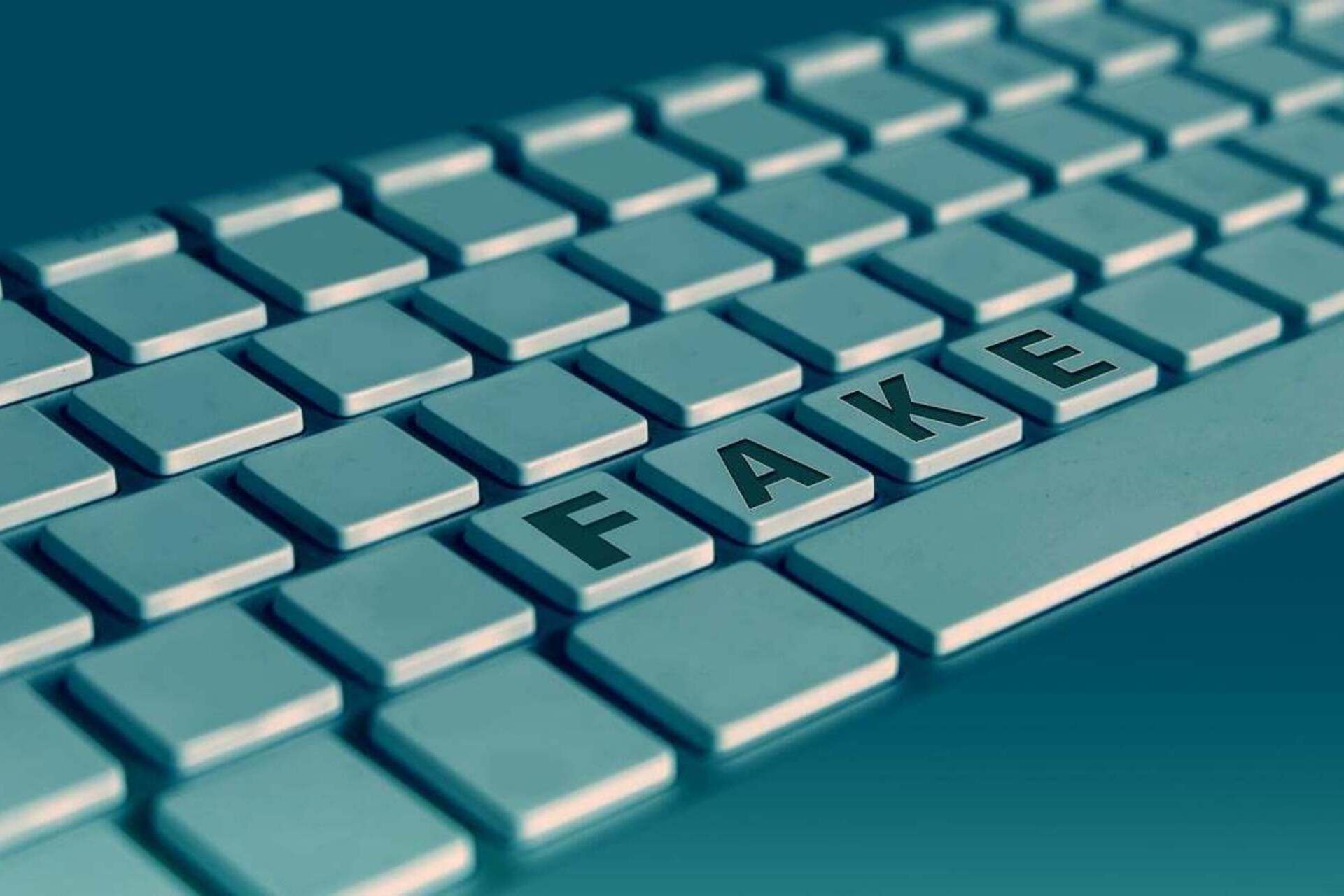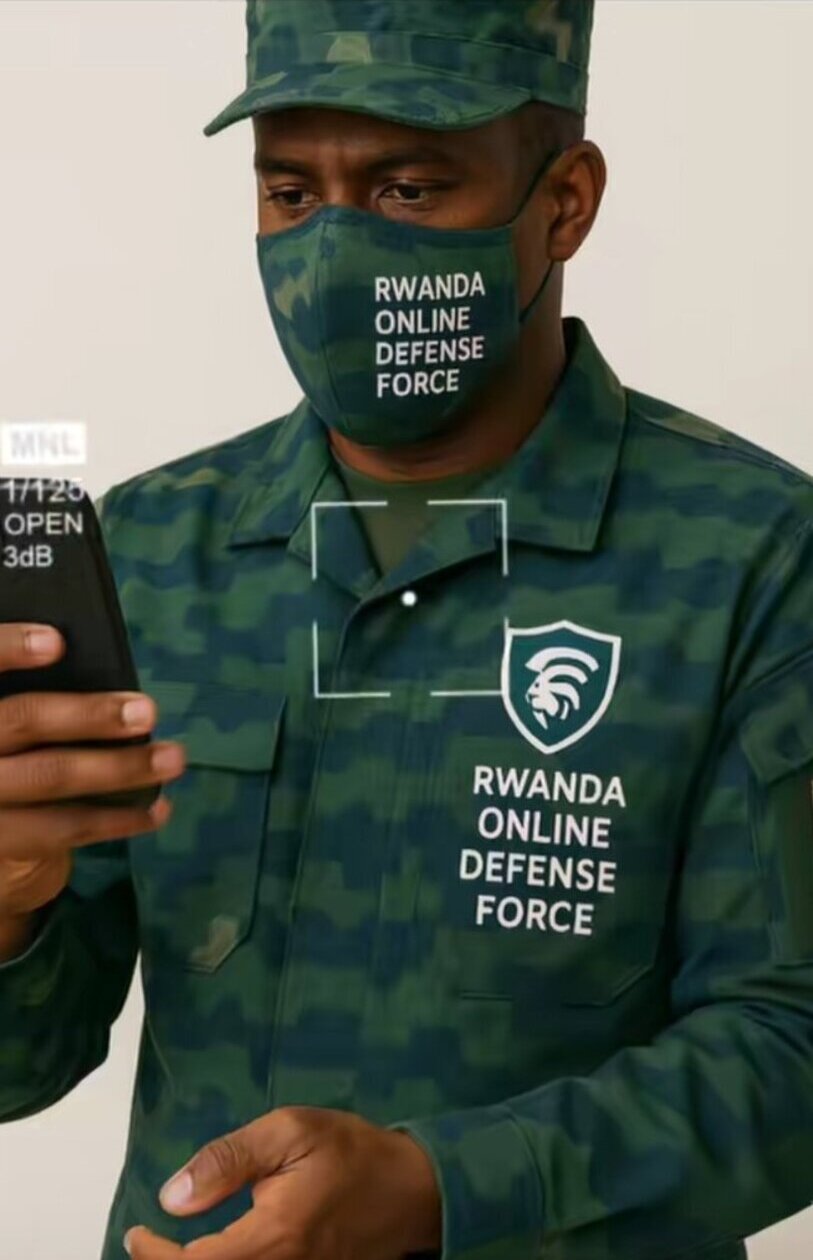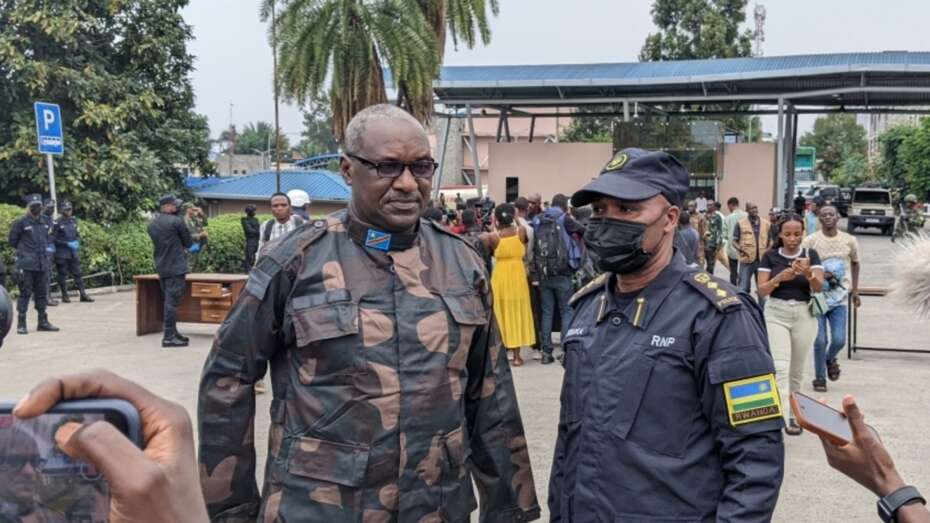In the Democratic Republic of Congo (DRC), the conflict in the eastern provinces is most visible in the form of violence, displacement, and devastation. But beneath the headlines and beyond the frontline, a second war is being waged—silent, digital, and psychological. It is a war of narratives. A war where perception is weaponised, facts are manipulated, and lies travel faster than truth.
This is the digital war—and it is just as dangerous as any military assault.
In this new front of conflict, the Rwandan government and its allies have deployed an arsenal of disinformation, propaganda, and media manipulation. Their goal is not just to distort the truth, but to rewrite the very nature of the conflict—to frame aggressors as victims, to delegitimise Congo’s resistance, and to erode international sympathy for the Congolese people.


The Rise of Narrative Warfare: Rwanda’s Digital Strategy
Rwanda’s digital war strategy has evolved from subtle misinformation into a full-blown psychological campaign, largely targeting international audiences. It’s designed to ensure that Kigali’s military and economic interference in the DRC remains obscured, misunderstood, or—even worse—justified.
Key Disinformation Tactics Include:
1. Framing the Conflict as an Ethnic War
Rwanda and its sympathisers frequently depict the violence in eastern Congo as a tribal clash between Hutus, Tutsis, and Congolese ethnic groups. This narrative obscures the root causes: geopolitical manipulation, resource exploitation, and foreign military intervention.
In truth, this is not a tribal war—it is a calculated strategy to destabilise the region for economic and strategic gain.
2. Delegitimising the DRC Government
Narratives portraying the Congolese government as “too weak” or “corrupt” to govern the east serve Rwanda’s interests. By presenting Kinshasa as incapable, Kigali seeks to justify foreign intervention, “protection zones,” or the presence of M23 forces as a necessary stabilising force—when in reality, they are part of the destabilisation.
3. Portraying M23 Rebels as Protectors
M23, a group widely documented by the United Nations Group of Experts as receiving direct support from the Rwandan army, is often portrayed online as a self-defence militia for Congolese Tutsis. The reality? M23 has committed massacres, rapes, and forced displacement—acts that may constitute war crimes.
Yet, pro-Rwanda media outlets and bots spread content that paints M23 as misunderstood heroes.
4. Attacking the Wazalendo Resistance
The Wazalendo, a broad alliance of Congolese patriots and local defence forces resisting M23 advances, is the last line of defence for many communities. Online, however, they are often falsely described as “extremists” or “ethnic militias” to delegitimise their efforts and justify Rwandan-backed attacks against them.
Disinformation by Design: How Rwanda Operates Online
This campaign is not spontaneous—it is calculated, financed, and executed with precision.
Tactics of the Digital Offensive:
-
Bot Armies & Fake Profiles
Rwanda’s disinformation network includes thousands of fake Facebook and Twitter/X accounts. These bots amplify Kigali-approved narratives while impersonating Congolese voices, giving the illusion of grassroots support. -
Suppression of Truth-Tellers
Congolese journalists, activists, and whistleblowers face doxxing, threats, and online harassment. Some are even targeted physically. Online campaigns aim to silence dissent and discredit inconvenient truths. -
Lobbying in Global Power Centers
Rwanda employs PR firms in Washington, Brussels, and London to polish its image. Despite evidence of its role in the crisis, Kagame’s regime continues to be presented as a beacon of stability and development—especially in donor circles.
Why It Matters: The Real-World Consequences of Digital Lies
Propaganda is not harmless. In a conflict zone like eastern DRC, it directly fuels violence, undermines peace, and impedes justice.
The Costs of Misinformation Include:
-
Delayed International Action
When the world sees the conflict as “complex” or “ethnic,” clear decisions are avoided. The aggressor is not named, and the victims remain unsupported. -
Aid and Investment Misdirection
Western governments continue to fund and train Rwandan military forces, unaware—or willfully blind—to Kigali’s role in prolonging the war. -
Shielding War Criminals from Justice
As Rwanda shapes the narrative, legal accountability becomes harder. War criminals hide behind manipulated stories and diplomatic smokescreens. -
Disempowering Congolese Resistance
Groups like the Wazalendo are delegitimised, weakening international solidarity and denying them the recognition and support they deserve.
Fighting Back: The Digital Resistance Begins with Truth
In this digital war, the most powerful weapon is truth. To dismantle disinformation, we need a coordinated, factual, and Congolese-led counter-strategy.
Key Strategies to Counter Propaganda:
1. Expose and Report
Track and report fake accounts, bots, and coordinated disinformation networks. Platforms like Facebook and X must be pressured to remove harmful actors and increase transparency.
2. Elevate Congolese Voices
International media must prioritise Congolese testimonies—especially from survivors, journalists, civil society leaders, and local experts. Let the people speak for themselves.
3. Invest in Digital Literacy
Communities in Congo and the diaspora must be trained to identify fake news, detect propaganda, and protect themselves online.
4. Mobilise the Diaspora
The Congolese diaspora has global reach and multilingual power. They must lead the charge in countering lies and defending Congo’s dignity online.
5. Support Independent Media
Fund and protect journalists who report from the frontlines. Without their work, the truth dies in silence.
Conclusion: A War for Minds and Futures
The war in eastern DRC is not only fought in forests and hills—it is fought on screens, newsfeeds, and hashtags. Behind every lie circulated online is a real-world consequence: a child orphaned, a village burned, a country pushed closer to collapse.
Rwanda’s digital campaign is not a strategy of misunderstanding—it is a strategy of manipulation. And the global community must stop treating Kagame’s PR machine as harmless. It is a weapon of war.
To end this conflict, we must win both the ground war and the narrative war. The Congolese people deserve to have their truth heard—and their dignity restored.
Truth is resistance. Truth is liberation. Truth is the only path to peace.


1 Comment
Prosper Shalangwa
Yes, you are right
Kivu is for Congo and Congo native tribe 450
Good publication